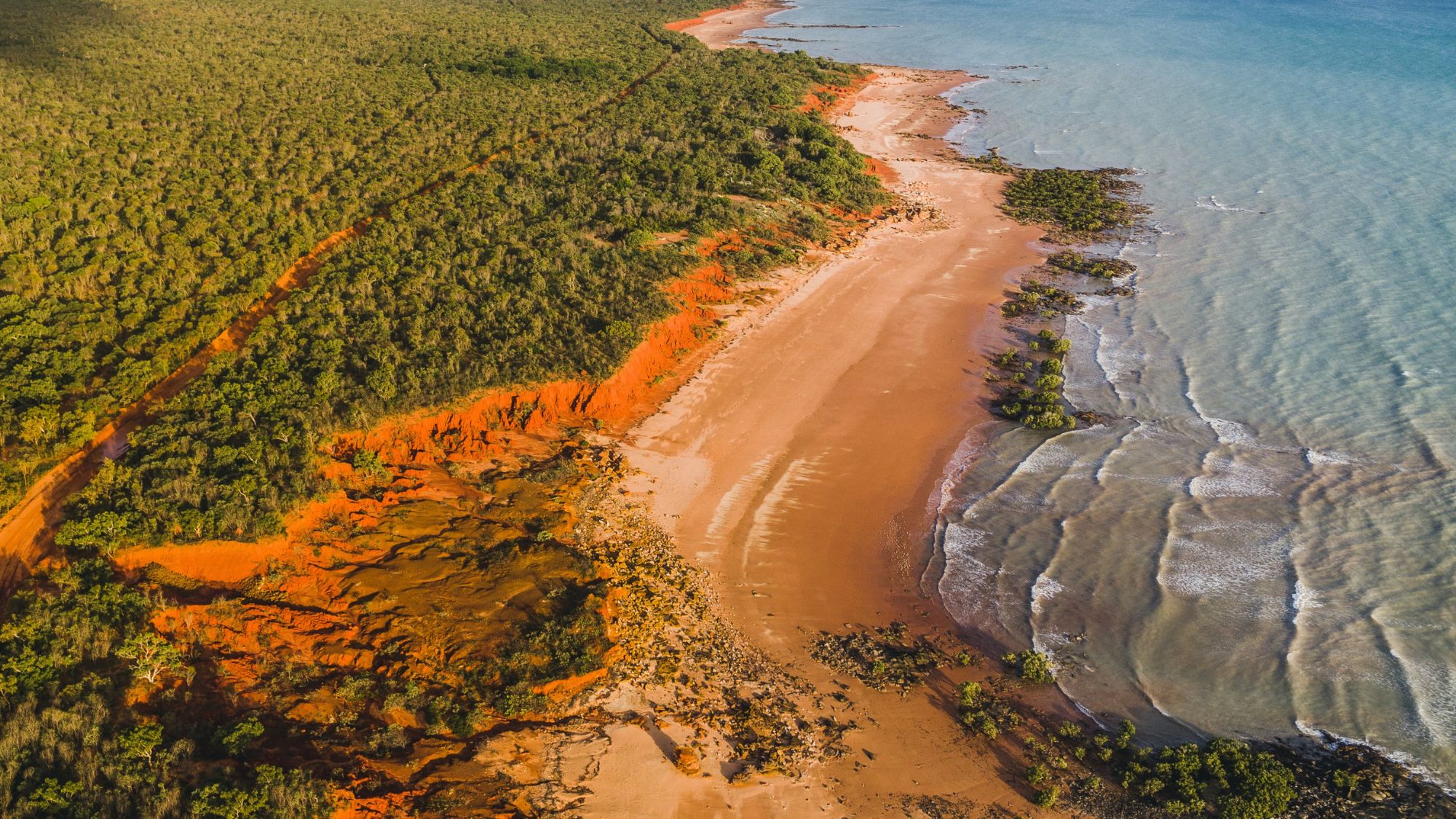Study finds that coffee could prevent colon cancer from returning


A new study has found that drinking two to three cups of coffee a day could be extremely beneficial for people recovering from colon cancer.
A team followed about 1,000 people with stage III colon cancer that had spread to nearby lymph nodes but not the rest of their body. They each had surgery and chemotherapy, and kept diaries of what they ate on a daily basis and how long they exercised. In the Journal of Clinical Oncology, the team reported that those who drank four or more cups of coffee a day were 42 percent less likely to have their cancer return than those who did not drink coffee, and 33 percent less likely to die of colon cancer or anything else during the study period. Drinking two to three cups per day was found to be slightly more beneficial.
Not all caffeinated beverages have the same benefits, though, said Dr. Charles Fuchs, an author of the study from Boston's Dana-Farber Cancer Institute. "People who consumed two or more sugar-sweetened beverages a day have a poorer outcome," he told NBC News. The team did not ask if the patients drank their coffee black, or with milk or sugar, and those questions will be asked in a follow-up study. Previous studies have shown that coffee can lower the risk of Parkinson's disease, diabetes, and cancer, and it could be because of antioxidants in coffee or microbes in the gut. "The bottom line is that there are patients for whom the cancer recurs despite our best efforts and we wanted to see what diet and lifestyle could modify that risk," Fuchs said.
The Week
Escape your echo chamber. Get the facts behind the news, plus analysis from multiple perspectives.

Sign up for The Week's Free Newsletters
From our morning news briefing to a weekly Good News Newsletter, get the best of The Week delivered directly to your inbox.
From our morning news briefing to a weekly Good News Newsletter, get the best of The Week delivered directly to your inbox.
A free daily email with the biggest news stories of the day – and the best features from TheWeek.com
Catherine Garcia has worked as a senior writer at The Week since 2014. Her writing and reporting have appeared in Entertainment Weekly, The New York Times, Wirecutter, NBC News and "The Book of Jezebel," among others. She's a graduate of the University of Redlands and the Columbia University Graduate School of Journalism.
-
 The small Caribbean island courting crypto billions
The small Caribbean island courting crypto billionsUnder the Radar Crypto mogul Olivier Janssens plans to create a libertarian utopia on Nevis
-
 Political cartoons for December 21
Political cartoons for December 21Cartoons Sunday’s political cartoons include Christmas movies, AI sermons, and more
-
 A luxury walking tour in Western Australia
A luxury walking tour in Western AustraliaThe Week Recommends Walk through an ‘ancient forest’ and listen to the ‘gentle hushing’ of the upper canopy
-
 Blue Origin launches Mars probes in NASA debut
Blue Origin launches Mars probes in NASA debutSpeed Read The New Glenn rocket is carrying small twin spacecraft toward Mars as part of NASA’s Escapade mission
-
 Dinosaurs were thriving before asteroid, study finds
Dinosaurs were thriving before asteroid, study findsSpeed Read The dinosaurs would not have gone extinct if not for the asteroid
-
 SpaceX breaks Starship losing streak in 10th test
SpaceX breaks Starship losing streak in 10th testspeed read The Starship rocket's test flight was largely successful, deploying eight dummy satellites during its hour in space
-
 Rabbits with 'horns' sighted across Colorado
Rabbits with 'horns' sighted across Coloradospeed read These creatures are infected with the 'mostly harmless' Shope papilloma virus
-
 Lithium shows promise in Alzheimer's study
Lithium shows promise in Alzheimer's studySpeed Read Potential new treatments could use small amounts of the common metal
-
 Scientists discover cause of massive sea star die-off
Scientists discover cause of massive sea star die-offSpeed Read A bacteria related to cholera has been found responsible for the deaths of more than 5 billion sea stars
-
 'Thriving' ecosystem found 30,000 feet undersea
'Thriving' ecosystem found 30,000 feet underseaSpeed Read Researchers discovered communities of creatures living in frigid, pitch-black waters under high pressure
-
 New York plans first nuclear plant in 36 years
New York plans first nuclear plant in 36 yearsSpeed Read The plant, to be constructed somewhere in upstate New York, will produce enough energy to power a million homes
